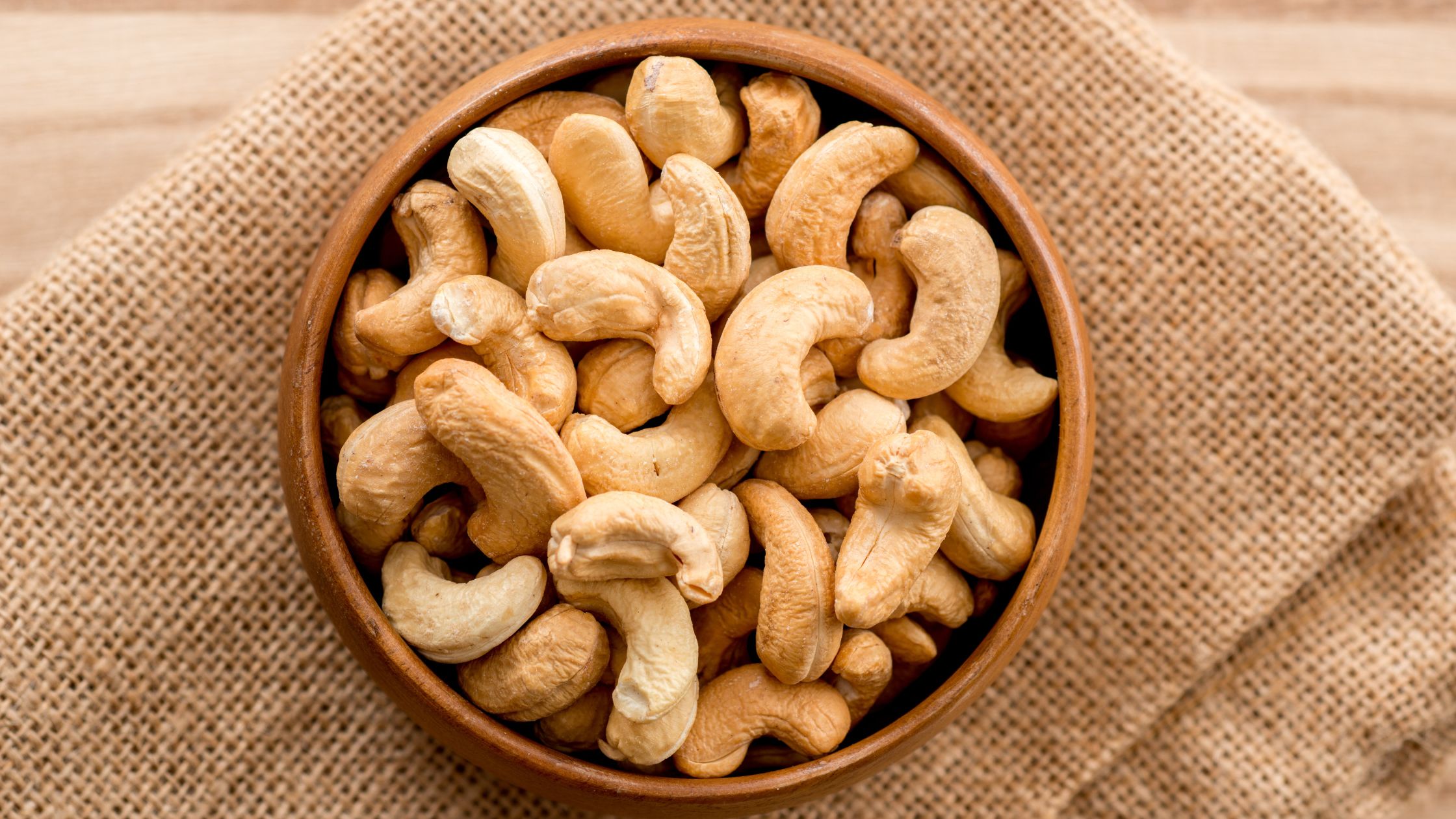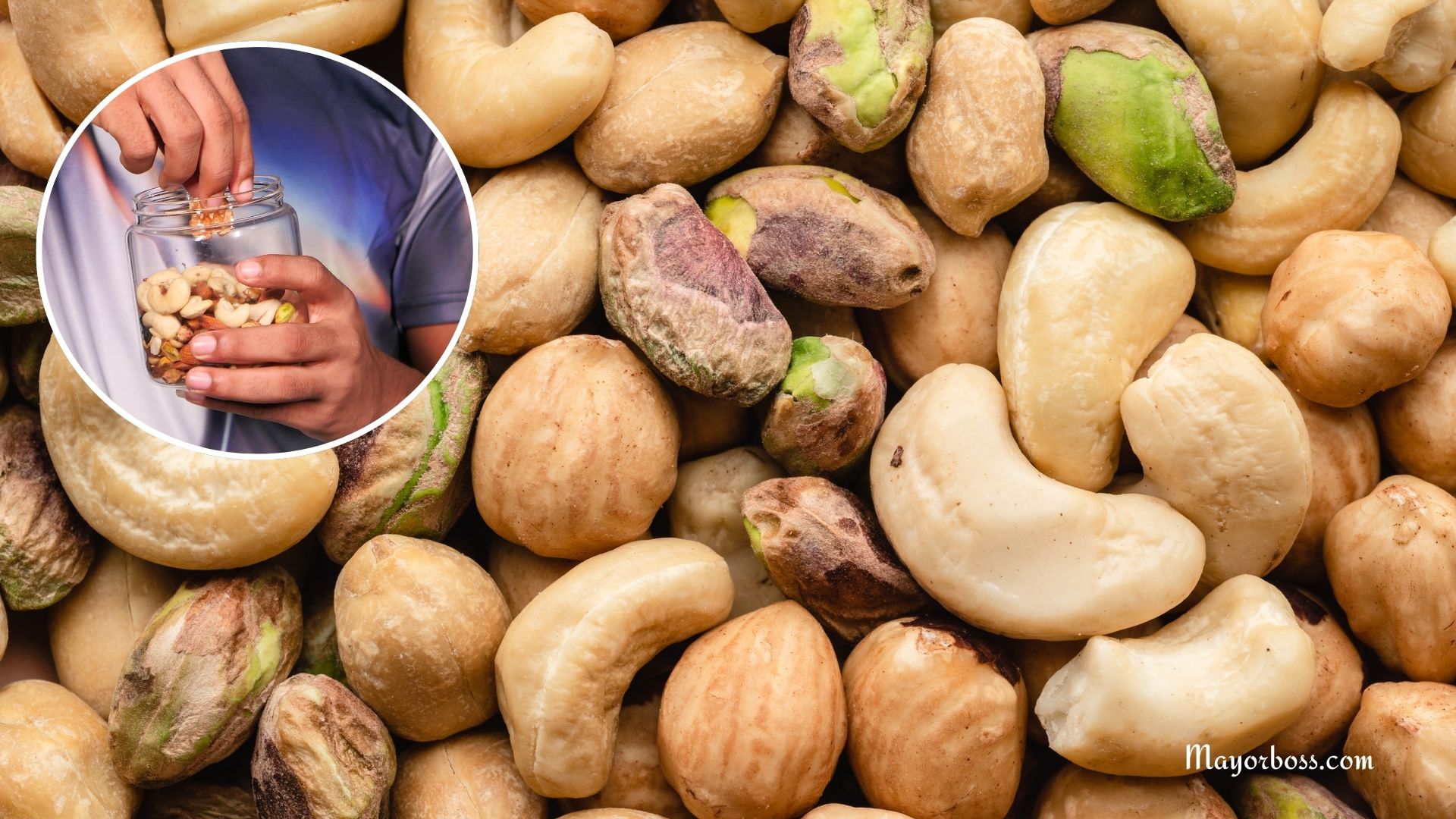Benefits of Eating Dates
What Are the Benefits of Eating Dates?
Eating dates can provide many health benefits, including promoting weight loss, improved digestion, relief from constipation, increased energy levels, and protection against various diseases. Dates are a good source of several vitamins, minerals, fiber, and antioxidants that may help boost overall health.

Here is a look at some of the main health benefits of eating dates.
1. Rich In Nutrients
Dates are rich in a variety of vitamins and minerals such as vitamins A, B-complex, C, E, and K. As well as minerals such as calcium, magnesium, potassium, iron, and zinc. They also contain plenty of dietary fiber and antioxidant properties. In other words, dates are packed with essential nutrients that can help keep you healthy.
2. Rich in Antioxidants
Dates contain protective antioxidants like carotenoids, polyphenols, and sterols, which help protect your cells from damage caused by free radicals. This may reduce the risk of age-related chronic diseases like heart disease, cancer, and diabetes.
3. Natural Energy Boost
A handful of dates per day may provide your body with natural energy. Dates have carbohydrates and sugars, including glucose, sucrose, and fructose, that can be easily absorbed into the bloodstream and provide you with quick energy.
4. Improved Digestive Health
Dates are an excellent source of dietary fiber, essential for proper digestion and maintaining regular bowel movements. Fiber helps to bulk up stools, making them easier to pass through the digestive tract and reducing the risk of constipation. Dates also contain prebiotic fibers, which are important for nourishing the beneficial bacteria in your gut.
5. Boosts Heart Health
Research suggests that dates are high in polyphenols, antioxidants that can help reduce the risk of heart disease. The antioxidants found in dates have been linked to a reduced risk of hypertension, stroke, and other cardiovascular diseases. They also contain magnesium, which is important for maintaining healthy blood pressure levels. In addition, dates contain potassium and dietary fiber, which are beneficial for heart health.
6. Regulates Blood Sugar Levels
Dates contain natural sugars like glucose and fructose, but they also have a low glycemic index (GI). This means that consuming dates will not cause spikes in blood sugar levels like some other sugary foods might. Also, dates contain high levels of magnesium, which is important for regulating blood sugar.
7. Promotes Bone Health
Dates are high in minerals such as calcium, magnesium, and phosphorus, which are all essential for healthy bones. Calcium helps build strong bones and teeth, while magnesium aids in the absorption of calcium into the bones. In addition, dates contain vitamin K, which is important for proper blood clotting and maintaining bone health.
8. Stronger Immune System
Regular consumption of dates helps strengthen the immune system. Thanks to the presence of antioxidants (e.g., carotenoids) found in dates that boost immunity against harmful viruses such as colds and flu.
9. Improved Sexual Health
Some research claim that dates can increase sexual stamina, libido, and fertility. Dates are rich in iron, copper, and zinc, which are all essential for sexual health.
10. Promote weight loss
Dates may help you lose weight. They are low in calories and contain fiber which helps you feel fuller for longer. Besides, dates also contain natural sugar, which doesn’t cause spikes in blood sugar levels. Therefore, dates can be eaten as part of a balanced diet to help you achieve your weight loss goals.
11. Prevents Anemia
Dates are rich in iron which helps prevent anemia by increasing red blood cell production. Anemia is a condition caused by low red blood cells, which can lead to fatigue and lack of energy. Eating 4 to 5 dates daily may help keep your energy levels up and reduce the risk of anemia.
12. Improves Brain Function
Dates contain flavonoids, antioxidants that can help protect your brain cells from damage caused by free radicals. Additionally, the iron found in dates helps to increase oxygen delivery throughout the body, including to the brain. This can lead to improved cognitive function and memory.
13. Fights Infections
Dates are rich in vitamin C, which helps boost the immune system and fight off infections. Vitamin C also has antioxidant properties that help reduce inflammation and protect cells from damage. Most of all, dates contain zinc which is essential for fighting against viruses and bacterial infections.
14. Prevents Birth Defects
Folate is a B vitamin found in dates that is important for preventing birth defects. Eating dates during pregnancy can help ensure the proper development of your baby’s brain and nervous system. Plus, folate also helps to prevent neural tube defects such as spina bifida.
15. Anti-Aging Benefits
The antioxidants found in dates can help reduce signs of aging, such as wrinkles, age spots, and fine lines. Additionally, dates contain vitamin C, which helps to keep the skin looking youthful and glowing.
In conclusion, dates can be a nutritious and delicious part of any diet. They are loaded with vitamins, minerals, antioxidants, and fiber that can help promote overall health and well-being. Eating dates regularly can help reduce the risk of several diseases, improve brain function, and even promote weight loss. With so many benefits, there’s no reason not to add dates to your daily diet!






